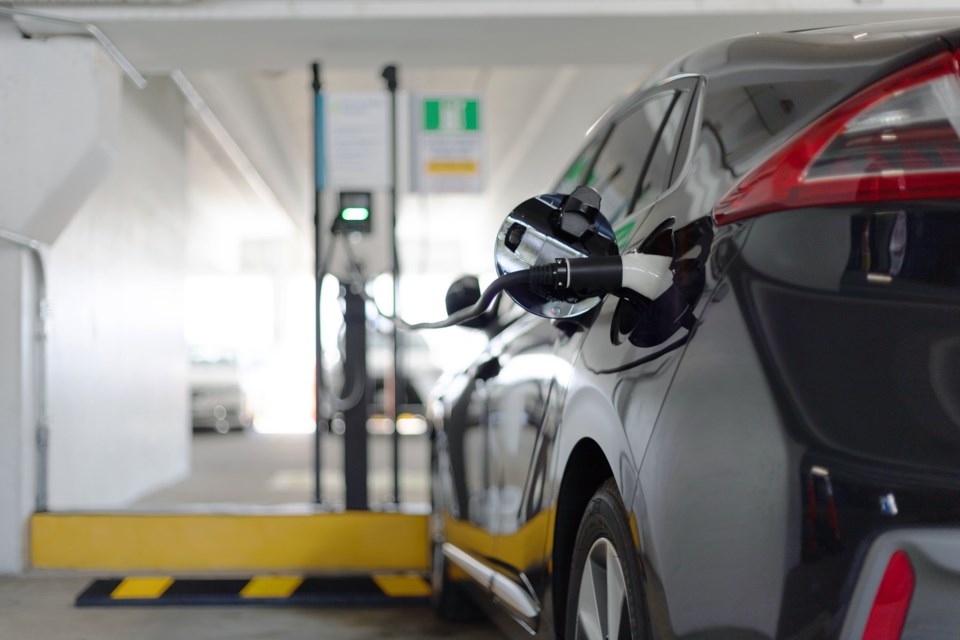It’s been quite something reading the more than a dozen letters sent to us regarding electric vehicles (EVs).
What’s had me hooked is the fact opinions are quite evenly split, and many are well informed — at least teaching me a few things. (You’ll see a sampling of the letters on the next couple of pages, but I will post more online.)
The general contention comes down to — surprise, surprise — who pays for what.
It’s hard to argue that it’s a good thing to continue spewing exhaust from fossil fuels into the atmosphere; however, many are bringing up questions such as: are wealthy Tessla drivers getting a free ride by plugging in at public charging stations?
Granted, not all EVs are Teslas and not all EV drivers are wealthy, but why mess with a stereotype?
Another concern is, does our electric power grid have the capacity to charge all these vehicles or will we be seeing power outages?
To the first question, EV advocate John Roston reminded me the Richmond News wrote about this in that long-forgotten time before COVID (Jan. 14, 2020 to be exact) in a story headlined, “Fees come to Richmond city EV charging stations.”
So, yes, EV drivers are paying for their power at city-operated charging stations such as the one at Steveston Community Centre.
Roston also addressed the second concern about the power grid.
“Over 80 per cent of EV charging is done at home overnight. EVs have charging timers that control when the EV begins charging. Our members set their timers to begin charging after midnight when demand on the power grid is extremely low and there is plenty of capacity for EV charging.
Finally, there are complaints that because EV drivers are not paying for gas, they’re also not paying the gas tax, which is used to build roads and maintain the public transit system.
On this point, it strikes me that even if EV drivers are catching a break on that, they’re also saving us plenty on the costs of climate change.
Currently, the city is busy building dykes around Lulu Island to help protect us from rising sea levels, one of the effects of global warming. It’s not a cheap project but necessary, thanks, in part, to all those combustion engines we’re driving around (myself included.)
Fussing about whether EV drivers are getting a sweet deal on electricity seems a bit like arguing over chairs on the Titanic. That said, details matter and if there’s a whiff of inequity, there’s going to be resistance, which is the last thing we need in the face of a climate emergency.
At my strata, council members are trying to figure out how to move forward on this. It appears our insurance won’t allow tenants to just run an extension cord from their homes, so council is looking into charging posts. The posts are installed and operated by an independent company and users pay for their power, much like how we currently pay for parking at a meter.
There are still complications (how many to put in, where to put them) but I appreciate that we’re having the conversation.
Currently, city council requires all new developments to have charging stations. Perhaps the same should apply to refitting older developments, although demand from residents may take care of that.
I appreciate that there’s still much to discuss. For example, what if you can’t just charge your vehicle after midnight, and how are we going to pay for roads?
But what’s not up for debate is the fact it’s time we wean ourselves off fossil fuels.



